Arun Jaitley tables enabling GST Bills in House
Tue 28 Mar 2017, 11:36:02

Finance Minister Arun Jaitley on Monday tabled the last bit of GST laws in the Lok Sabha, paving the way for the July 1 deadline for its roll-out.
The GST Bill 2017 empowers the Centre to detain and sell movable and immovable property of tax defaulters. It also gives powers to tax officials to inspect, search, seize and arrest such defaulters. Once implemented, it seeks to reduce the cost of production of goods and check inflation.
GST will harmonise the indirect tax regime in the country and free up the assesees from “disparate” tax rates by the Centre and states, Jaitley said in the Statement of Objects and Reasons of the Bill.“There is cascading of taxes, as taxes
levied by the Centre are not available as set off against the taxes being levied by state governments,” Jaitley said as he tabled four pieces of enabling GST laws in the House — CGST, IGST, UTGST and Compensation laws.
levied by the Centre are not available as set off against the taxes being levied by state governments,” Jaitley said as he tabled four pieces of enabling GST laws in the House — CGST, IGST, UTGST and Compensation laws.
However, the discussion on the GST laws could not begin immediately, as the Opposition parties sought time to get familiar with the provisions of the bills. The discussion will begin on Wednesday and a total of seven hours have been allotted for it in the Lower House.
Jaitley said the GST will also promote seamless movement of goods as it sought to subsume the barriers such as octroi, entry tax and check posts into a single tax, thus increasing compliance.
No Comments For This Post, Be first to write a Comment.
Most viewed from National
Most viewed from World
AIMIM News
Latest Urdu News
Most Viewed
May 26, 2020
Which Cricket team will win the IPL 2025 trophy?
Latest Videos View All
Like Us
Home
About Us
Advertise With Us
All Polls
Epaper Archives
Privacy Policy
Contact Us
Download Etemaad App
© 2025 Etemaad Daily News, All Rights Reserved.

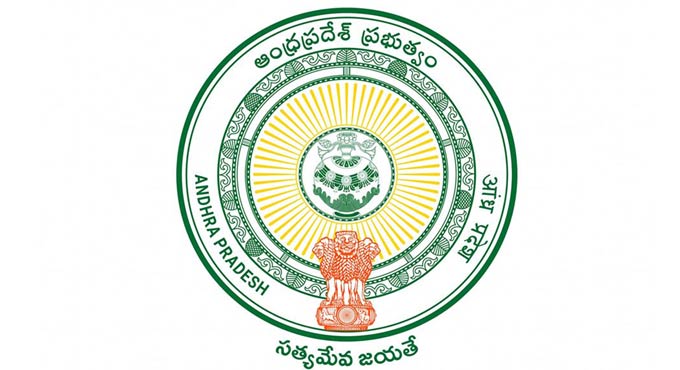
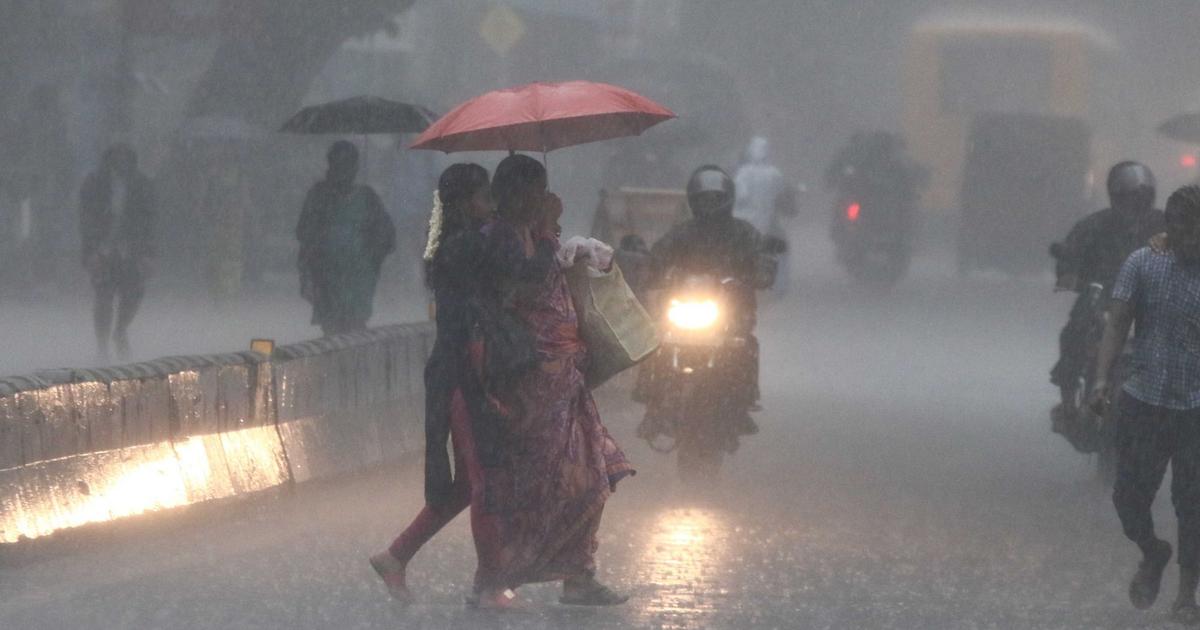

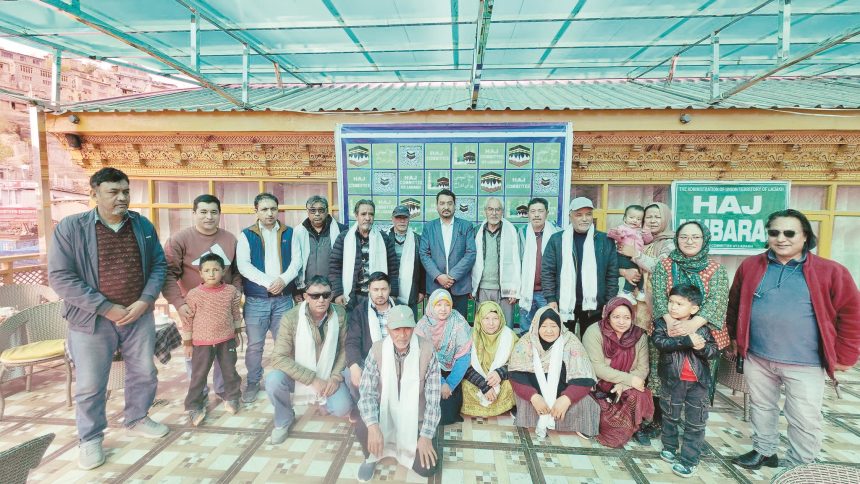

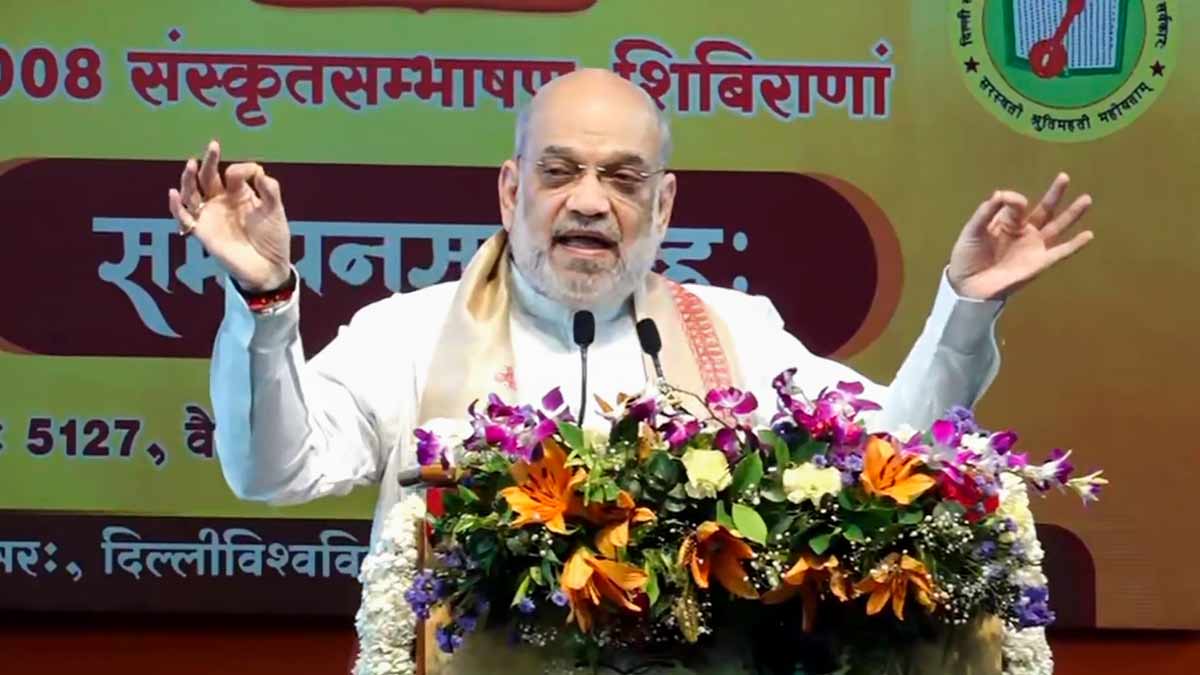
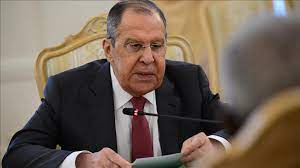
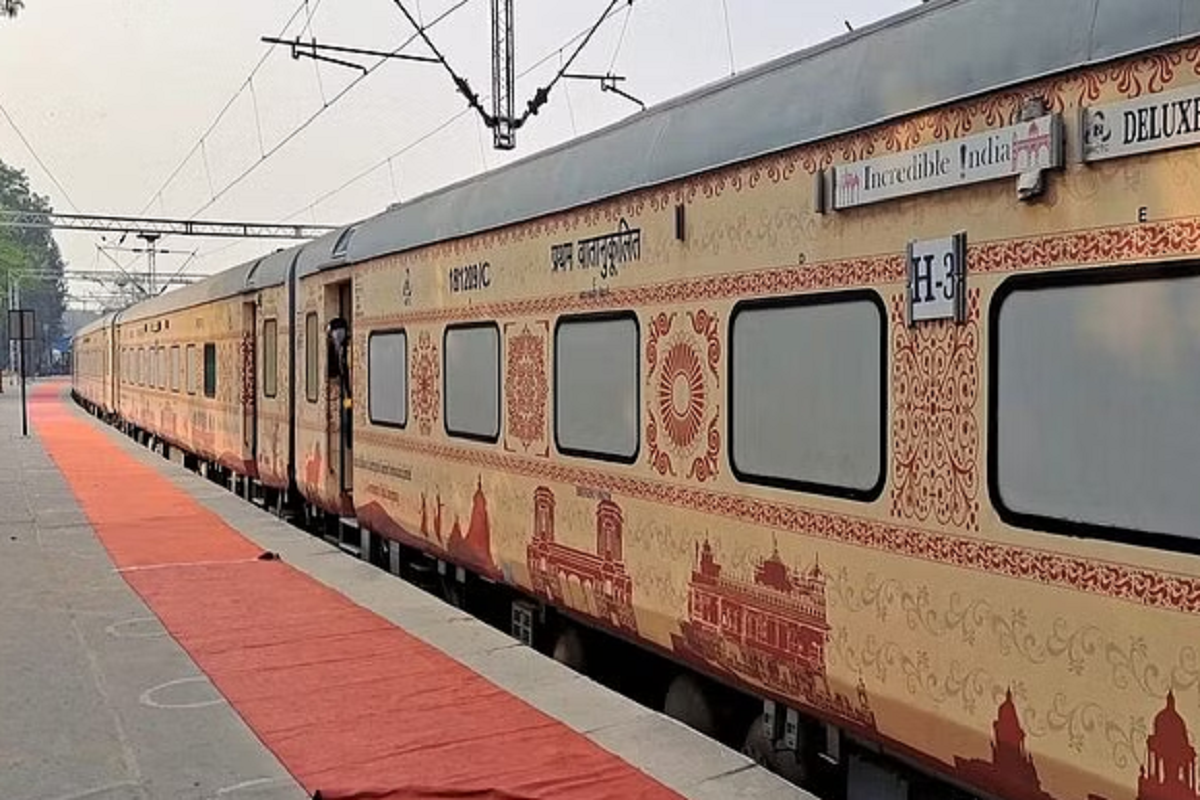
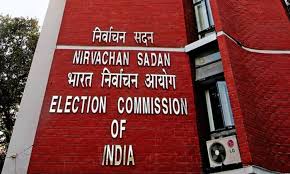

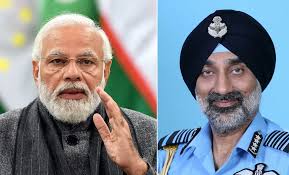
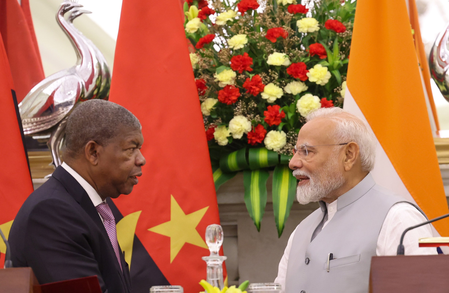
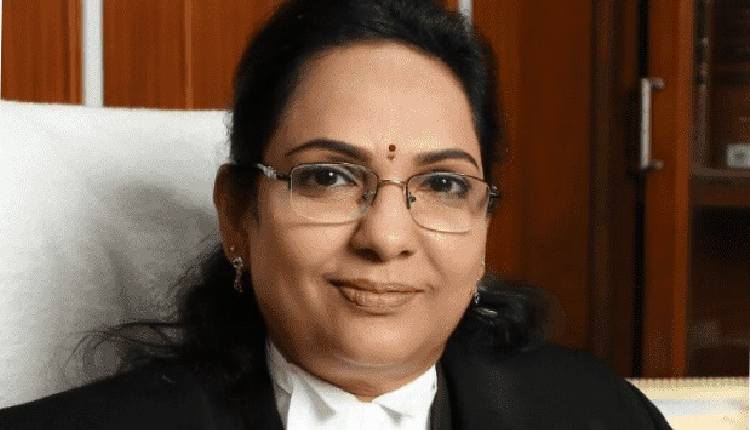
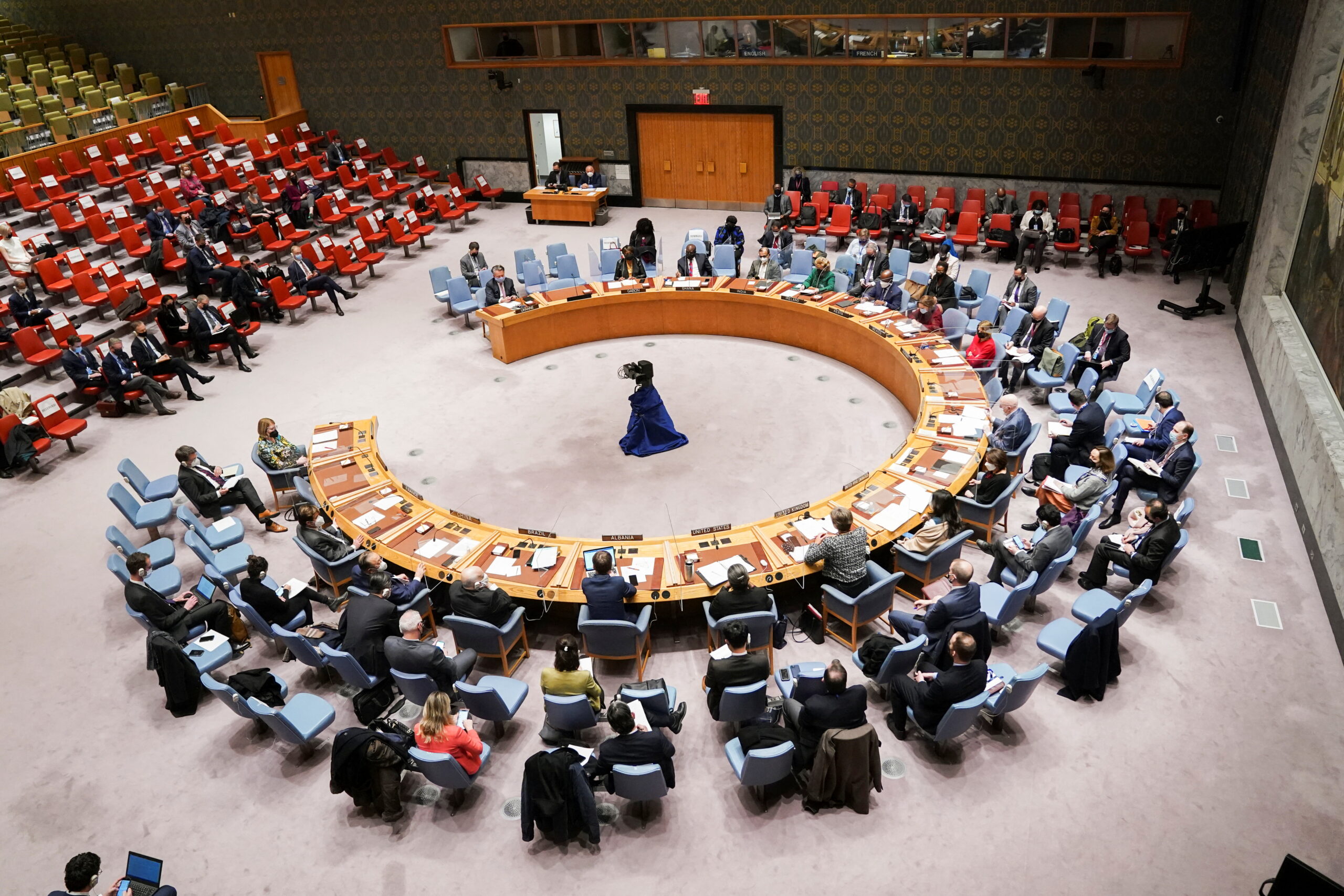



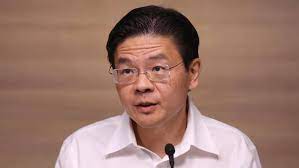

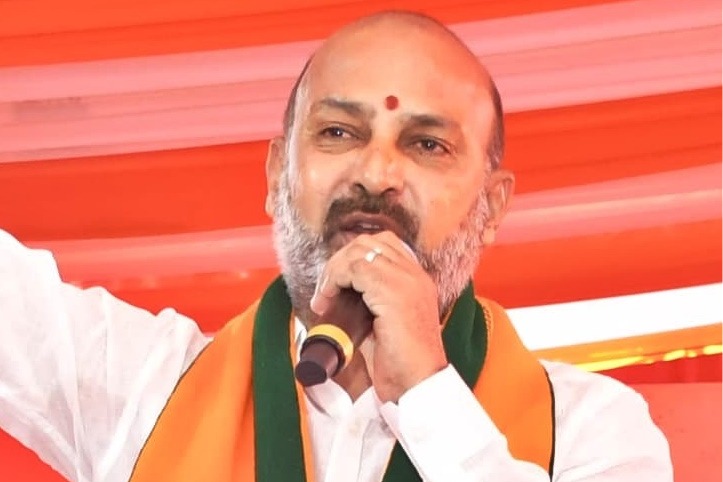
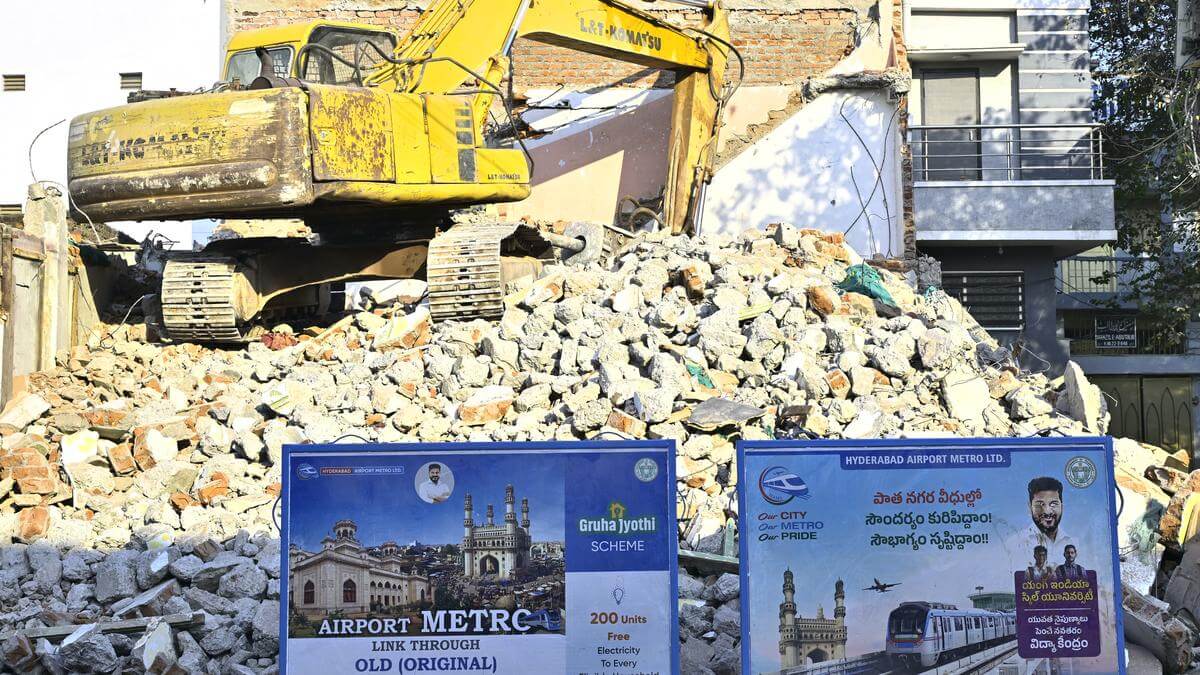
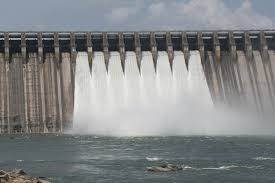
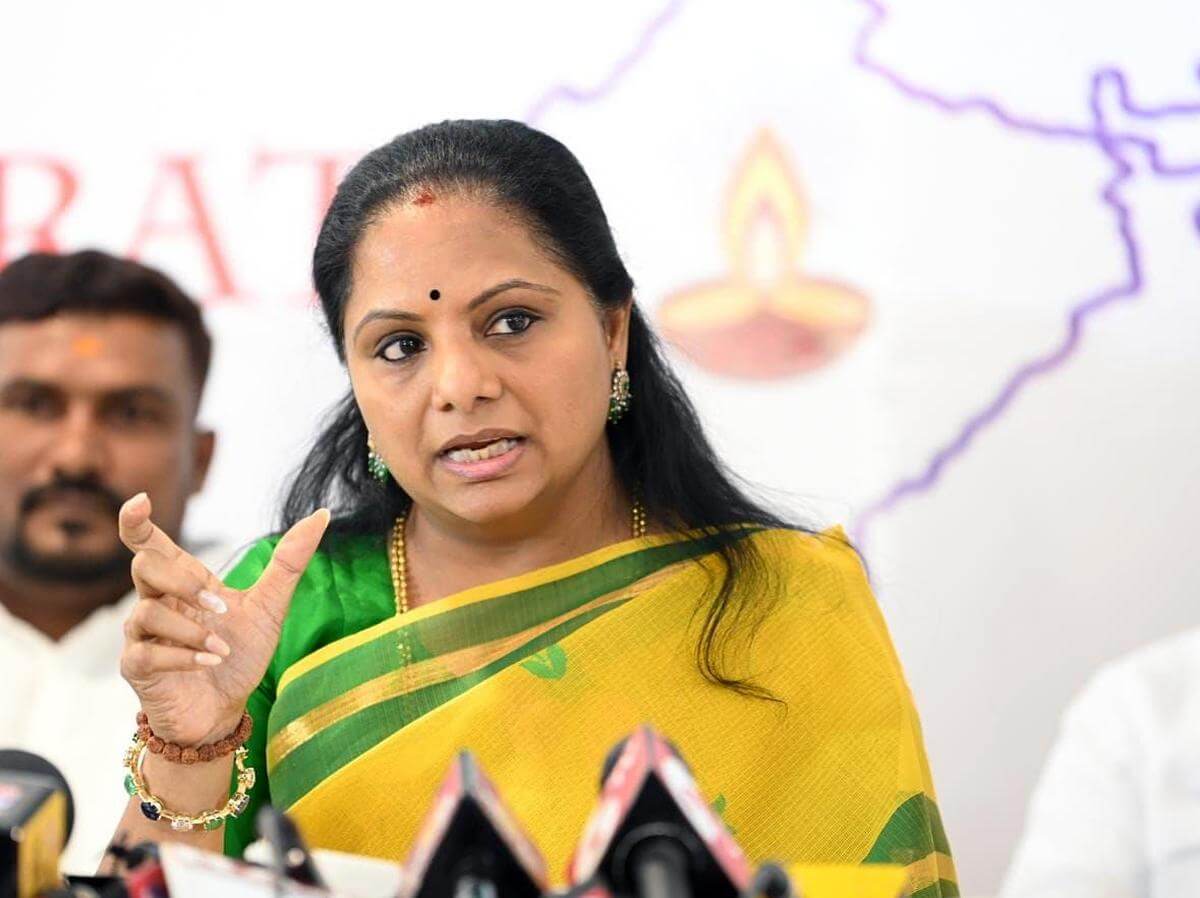













.jpg)




